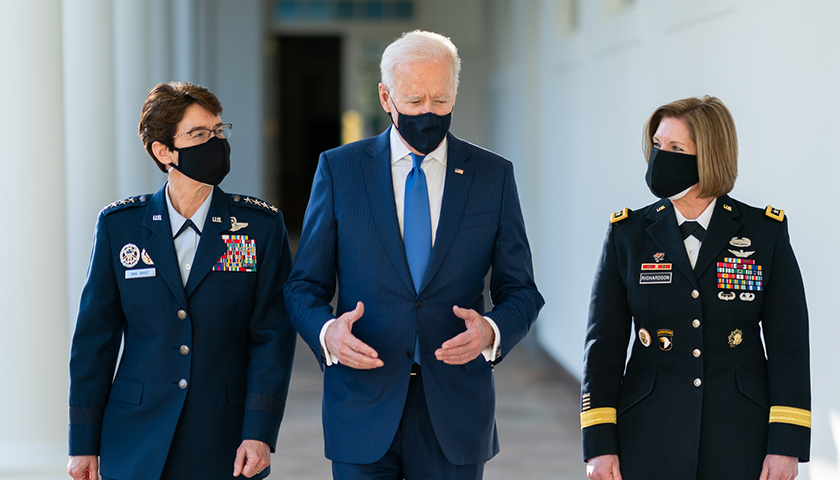Media outlets around the world recently reported on leaked audio comments in which Iranian Foreign Minister Javad Zarif admitted that Iran’s Islamic Revolutionary Guard Corps controls all of Iran’s foreign policy decisions. Although President Joe Biden was careful to mention neither Zarif nor Iran in his speech before Congress last month, Zarif’s embarrassingly candid revelations have direct implications for Biden’s entire Iran policy: namely, it underscores that reducing economic sanctions in order to moderate the Iranian regime cannot work.
For decades, U.S. policy toward Iran has produced disappointing results, largely because American administrations have underestimated the entrenched ideology of Iran’s theocratic dictatorship and mistakenly assumed the regime can be tamed by conciliatory diplomacy. Western efforts to placate Tehran have failed consistently since the revolutionaries took power in 1979, yet recent reports indicate President Biden is in the process of repeating this failure.
Just as the Obama administration did with its disastrous 2015 Iran nuclear deal, the Biden administration is now seeking to lift economic sanctions against Iran in exchange for temporary commitments from Tehran to curb its nuclear program. A senior State Department official recently revealed that the Biden administration is reviewing all U.S. terrorism and human rights sanctions on Iran since 2017 to assess whether those sanctions were “legitimately imposed,” and that some sanctions will need to be lifted to ensure Tehran is “benefiting” from the nuclear deal. Like Obama, Biden hopes that relaxing economic pressure can convince the regime to put aside its nuclear ambitions, focus on Iran’s economy and people, stop bankrolling terrorist proxies, and become a normal member of the international community.
Read More
